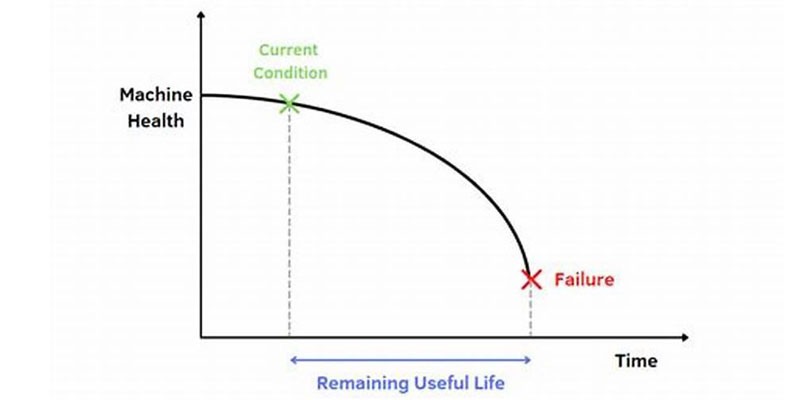Introduction
The catch-up effect, in a nutshell, means that poorer countries grow much faster than wealthier nations because of more growth opportunities. Over time, the poorer countries catch up to the richer countries in average per capita income, making the gap between them smaller.
What Is the Catch-up Effect? This theory of income convergence is based on the idea that developing economies have better chances to grow because they can access technological know-how from the industrialized nations and get more money back from their investments, among other things.
Evidence from the real world shows that while some emerging nations can use their advantages to grow faster and catch up with strong economies, this has not been especially true given part of the developing world. The theory has some flaws because of differences in social, institutional, or political factors that affect growth at the same time.
Global Forces
The world is becoming more interconnected, and multinational corporations in civilized countries are willing to move production to places where labor costs are lower. So, developing economies have gotten a boost from foreign investment and major corporations moving factories to developing countries. This force makes wages more likely to go up in the developing world. Even though the wages seem low compared to those in the developed world, they are better than the jobs they had before or the subsistence farming they did.
There are also benefits to investing in another country. China, for example, has put money into the facilities of African economies to make it easier for them to get raw materials. The African economy will benefit from this infrastructure.
Another example is that it is easier to delegate even small jobs because of how the internet works. For emerging countries like India, the number of skilled workers with software writing and IT skills who can get jobs has grown.
Limitations of Catch-up Effects
Catch-up effects suggest that emerging nations can reach the same level of per capita income with the advancement of technology. Still, a lack of information about the above criteria can slow a country's growth. Investing in new, high-tech equipment might not be worth it if the people using it don't have enough education and training. If a company moving into a new country or area doesn't consider the local culture and the expectations of its employees, things can go wrong. Some types of investments could face opposition. For example, a lack of education can make it hard to set up new and more advanced equipment, leading to fewer jobs.
Returns were lower than expected. The theory of diminishing marginal returns says that productivity will rise at a slower and slower rate in the short term. But it often doesn't consider the fact that new technologies can lead to unexpected increases in production in the long run. So, returns for developed countries may go down in the short term, but they can go up in the long term if technology keeps improving.
Reasons
It shows how the connection between input and output changes when the change input increases, but the fixed remains the same. This idea says that more units of a changeable input are used, the rate at which output grows starts to slow down. In the same way, when a country invests in a way to make something, the amount of money it makes from the investment goes down over time.
Technology is an important thing that can help poor or developing countries get ahead. Economies still growing can use the same technology or build on what is already out there, but with better and more effective technology. For example, economies that didn't have landline phones or other communication methods saw a jump in growth and progress when phones and the internet came along. Also, if the prices of the above technologies went down, developing countries could access and use telecommunications services to their advantage.
Conclusion
The catch-up effect is a theory that says less developed countries will catch up to more developed countries in terms of per capita income. It is based on the fact that the growth rate tends to slow as the economy ages, and the law of declining marginal returns is applied to national investments. Allowing free trade and building "looking better," or the capacity to use new technology, entice capital, and participate in global markets, can help developing countries catch up faster.




